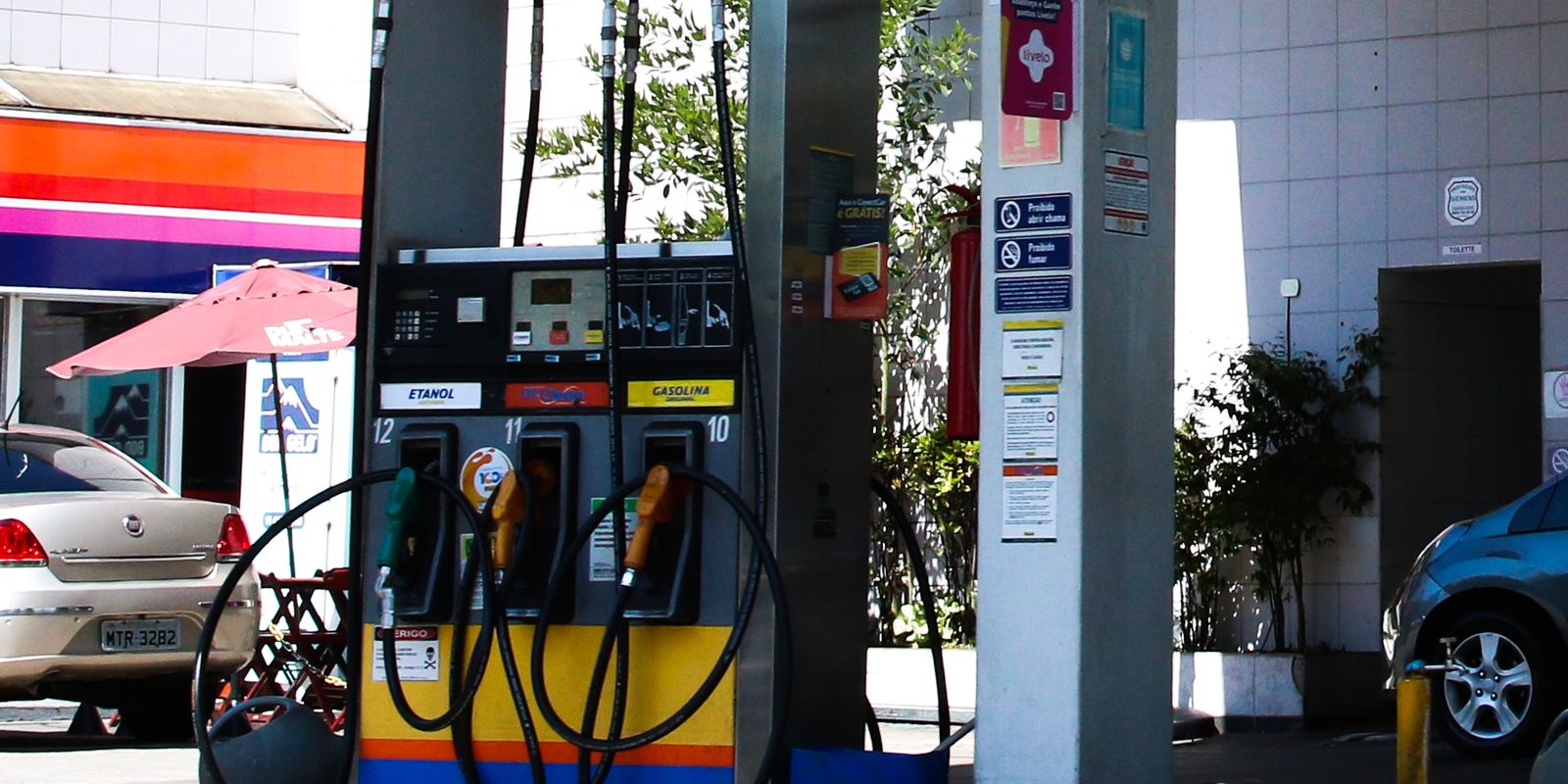The official inflation accumulated in 12 months registered, in March of this year, a rate of 11.3%. This is the biggest change in the Broad Consumer Price Index (IPCA) since October 2003, when it was 13.98%.
Since September last year, the rate accumulated in 12 months is above 10%. Between December 2003 and August 2021, the IPCA had only surpassed the 10% barrier for four months, between November 2015 and February 2016.
The result is also well above the inflation target established by the Central Bank, which varies between 2% and 5% for 2022.
Expenditure groups that are important for the composition of the index, such as food, transport and housing, registered price increases above the average for official inflation.
Food prices, for example, rose 11.62% in 12 months, driven by items such as carrots (166.17%), tomatoes (94.55%) and vegetables (33.29%).
Transport accumulates a 17.37% rise in prices in 12 months, driven by fuel (27.89%). Gasoline rose 27.48%, diesel, 46.47% and ethanol, 24.59%. Transport by application (42.74%) and voluntary vehicle insurance (16.43%) also stand out.
Housing expenses increased by 15%, with price variations of 28.52% for residential electricity and 29.80% for fuel. Sunappliances, which includes the gas used for cooking.
The monitored items, that is, those whose price is regulated by government authorities, accumulated a high of 14.84% in the year.
spread of inflation
In March, the IPCA registered a monthly rate of 1.62%, the highest rate for the month since the beginning of the Real Plan, in 1994. According to IBGE researcher Pedro Kislanov, fuels had a highlight in the month, not only to increase the transport fee as well as other items.
“In March, there is an effect of the increase in fuel prices, especially gasoline and diesel, which increase the cost of freight, on other components of the IPCA, such as the food and beverage portion itself. There is a component of the freight cost that ends up being passed on to the consumer,” he explains.
The inflation diffusion index, which shows the percentage of items whose prices rose in the month, reached 76%, the highest since February 2016.









